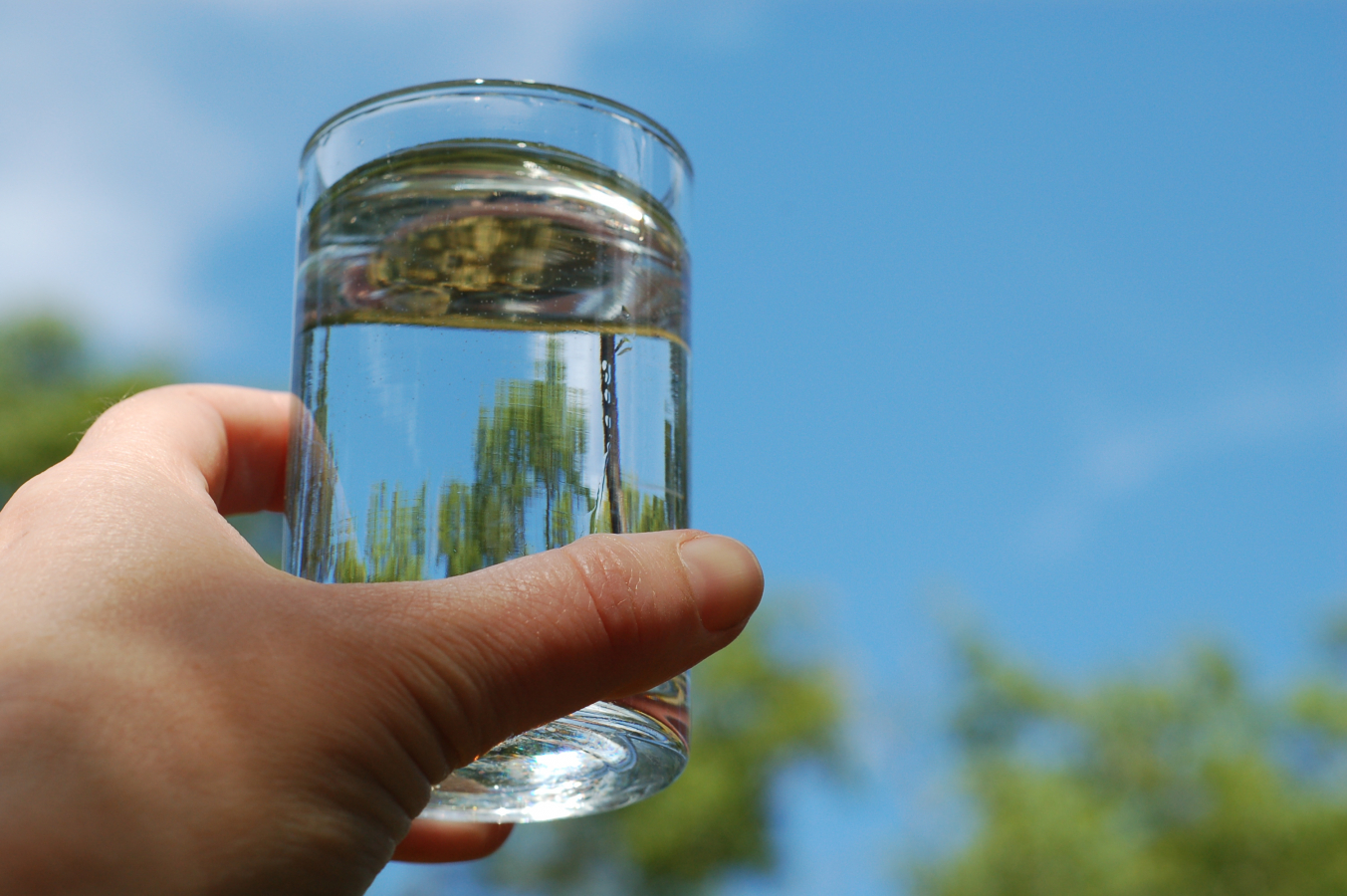Polymer materials are widely used in many areas, so it is necessary to dispose and recycle their waste safely. Most often these are polyethylene, polypropylene, PET waste and composite polymers. These include laminates that contain phenol-formaldehyde resins. Now they are mainly buried at landfills for municipal solid waste. But they take up large spaces and release toxic substances: phenol, benzene and formaldehyde.
Compressed laminates contain various materials that are interconnected by fillers: fabrics, paper or wood chips. In particular, these include chipboards and textolite. Now such waste is disposed of at landfills, recycled or incinerated. But these methods are unsafe, ecologists believe: in natural conditions, plastics is being decomposed for a very long time, and during processing they evolve hazardous substances into the environment.
Researchers used the method of low-temperature pyrolysis to process laminated plastics. The decomposition reaction of waste in this case takes place without oxygen. As a result of pyrolysis, carbon residue and gases are formed, which can become liquid fuels. The carbonaceous component can also be used as a fuel or water purifier.
To obtain products with the desired properties, the reaction process can be controlled using catalysts. Fabric-reinforced plastic composite and wood-chip boards were processed in a laboratory oven using an alkaline reagent and catalytic additives - nickel salts or copper salts. As a result, it was possible to determine the most effective conditions for obtaining a carbon sorbent with the required porous structure and sorption properties.
Scientists have obtained a carbon sorbent in one stage. According to ecologists, its absorption properties are not inferior to well-known analogues - for example, active coals of the AG-3 and BAU brands. Nickel and copper contained in carbon sorbents give them bactericidal and disinfecting properties. Sorbents can be used for deep purification or additional purification of wastewater and river water from dissolved oil products and toxic aromatic compounds.


